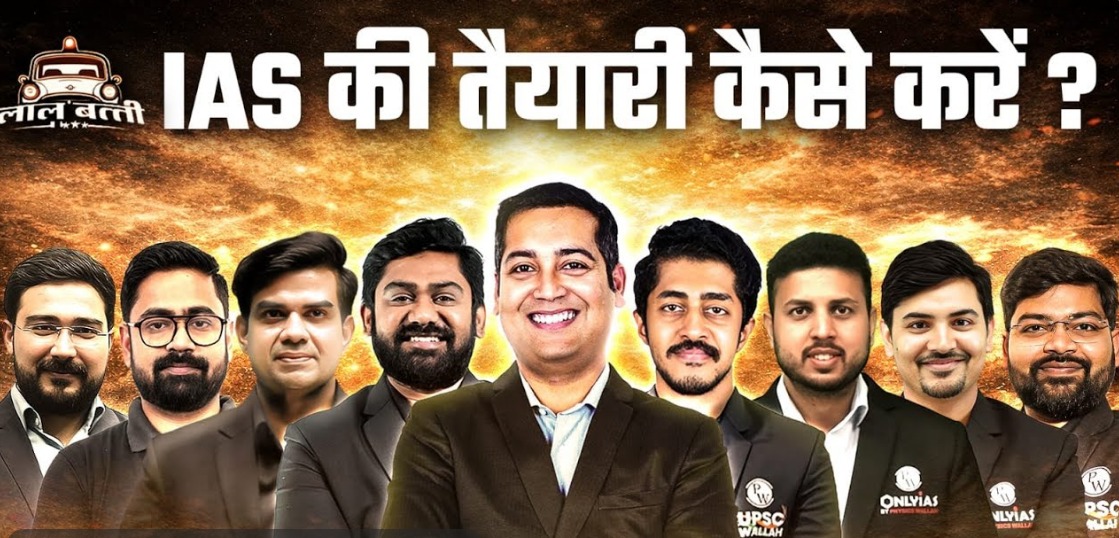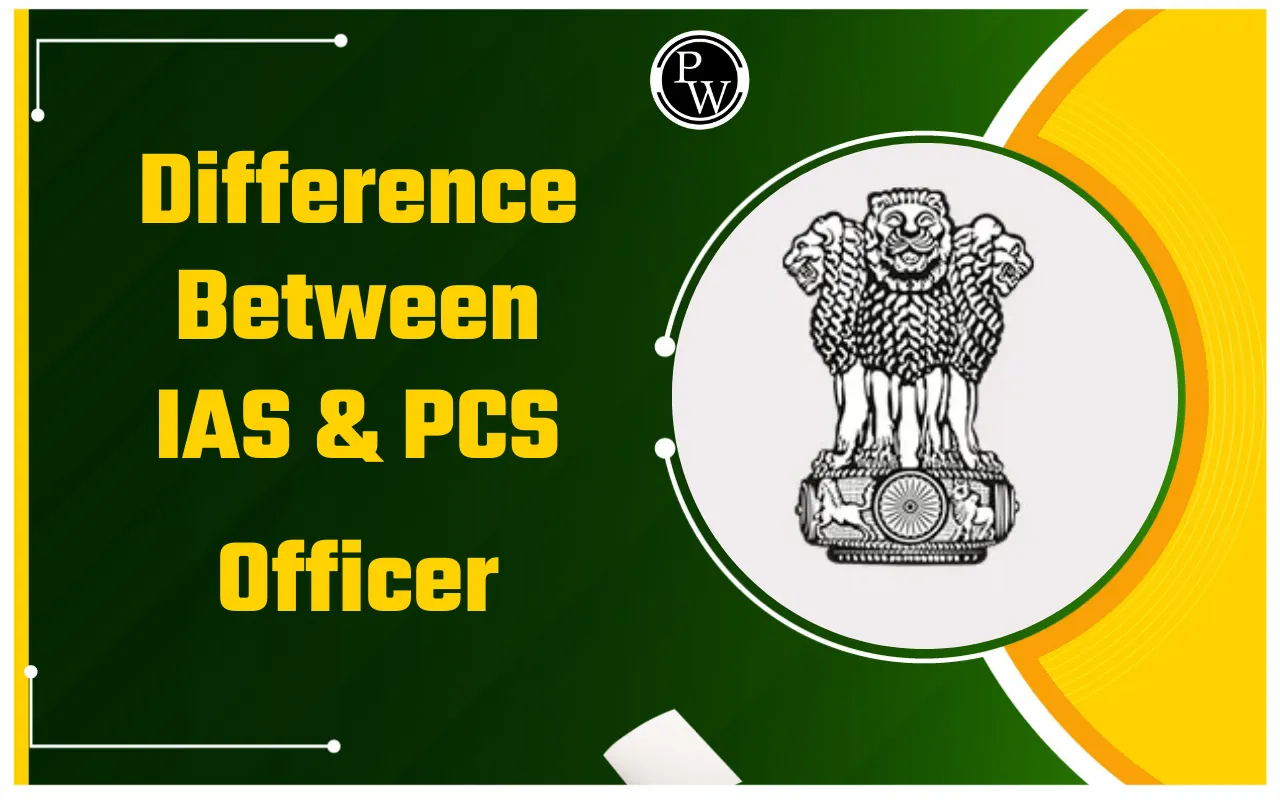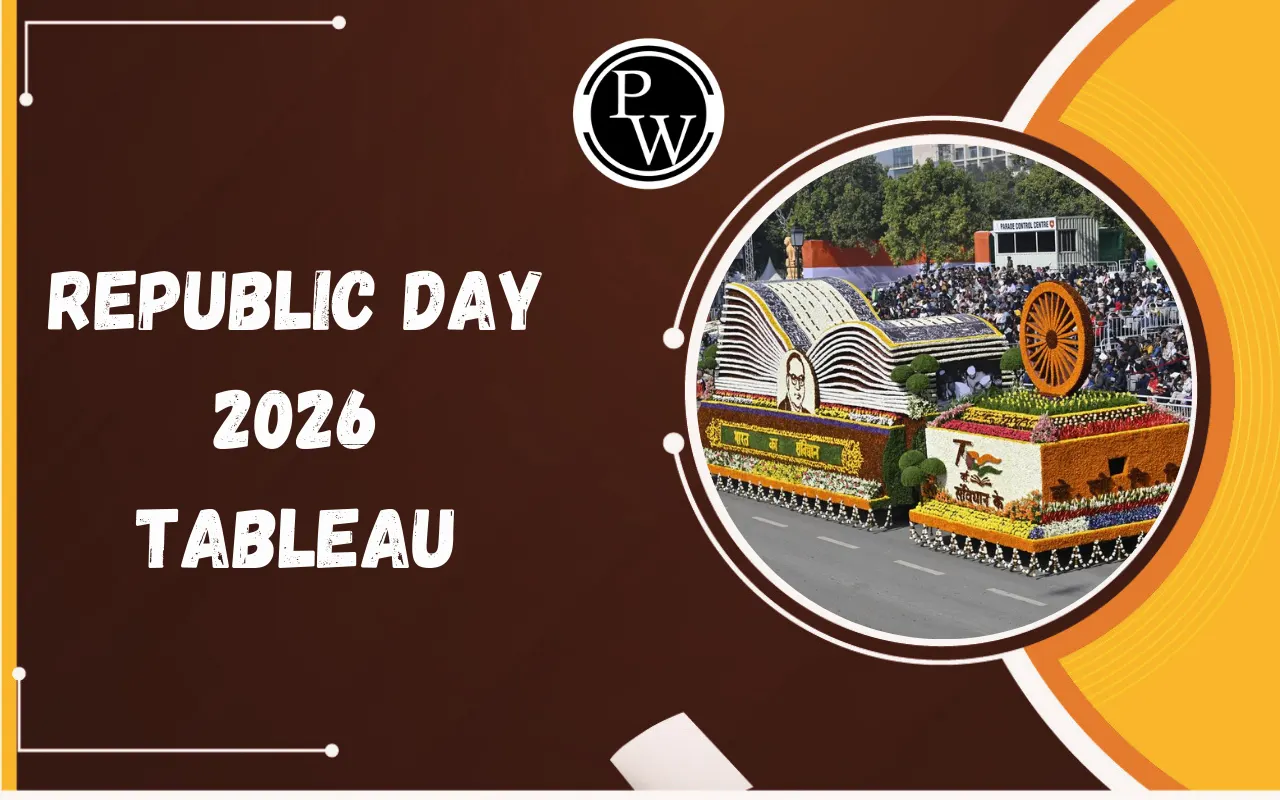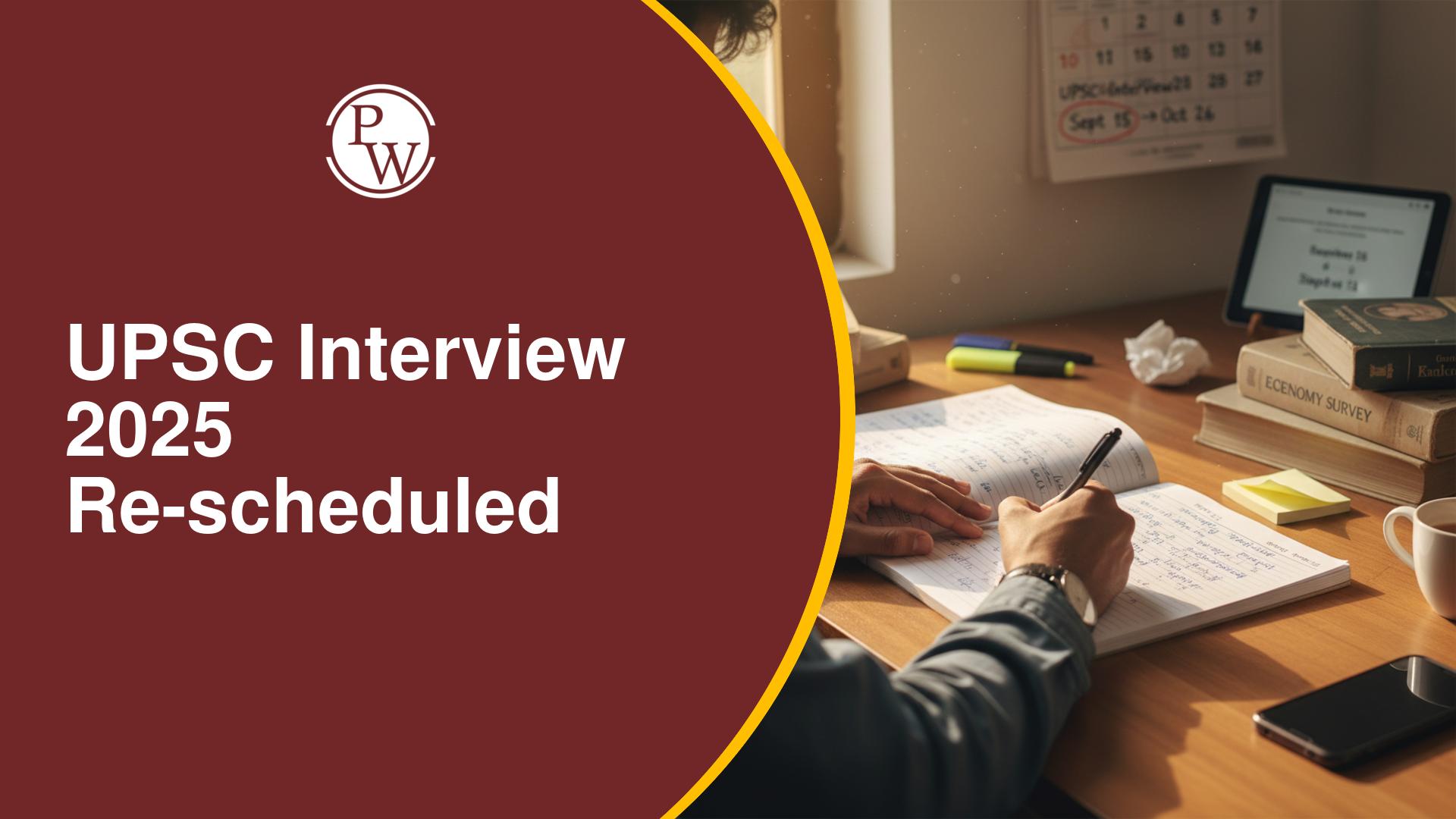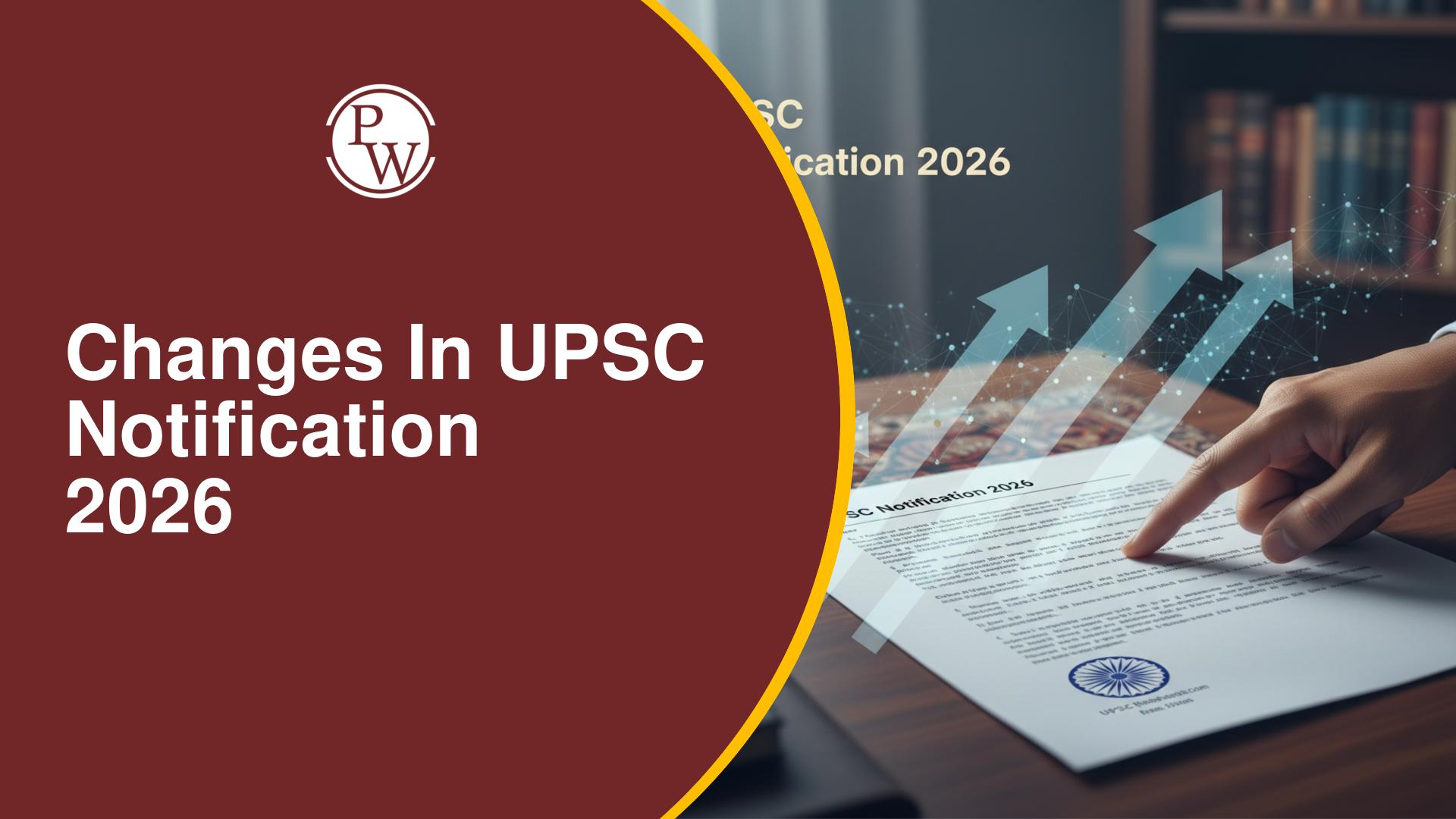
UPSC Telugu Literature Optional Syllabus is one of the Literature Optional offered by UPSC for the UPSC Mains Exam . Predominantly spoken in Andhra Pradesh , Telangana , and Yanam , it boasts a diverse heritage of literary compositions , spanning poetry , plays , novels , and short stories . It is one of the official languages of India and has also been declared one of the classical languages of India.
In the UPSC Mains test, the Telugu Literature optional subject comprises two papers: Paper I and Paper II , each worth 250 marks. Together, these papers contribute to a total of 500 marks for this optional subject. In this article, we will have a look at the Telugu Literature Optional Syllabus , Exam Pattern , Books , Preparation Strategy , and Previous Question Papers .UPSC Telugu Literature Syllabus Overview
Telugu literature boasts a rich tapestry spanning over a millennium, rooted in the classical era of Andhra Pradesh and Telangana regions. Its origins date back to the 10th century with the Prabandha style, evolving through the Vijayanagara and Nayak periods. The Golden Age emerged during the 16th century under Krishnadevaraya's patronage , nurturing luminaries like Allasani Peddana and Nannaya Bhatta . The Bhakti movement infused spiritual fervour, witnessed through the verses of Annamacharya and Potana. Modernity brought a renaissance, with Kandukuri Veeresalingam pioneering social reform through literature. Contemporary writers like Viswanatha Satyanarayana and Sri Sr i continue to enrich Telugu literature, preserving its legacy for generations.UPSC Telugu Literature Optional Syllabus 2024
The Telugu Literature Syllabus encompasses topics ranging from the historical progression of the language to the influences of external factors and other languages on its evolution. It delves into the intricacies of Telugu grammar , its diverse dialects , and the techniques involved in translation. It also covers the rich literary history , exploring different literary movements , genres , and notable works by renowned Telugu authors. Let us have a look at the Complete Telugu Literature Optional Syllabus:UPSC Telugu Literature Optional Syllabus For Paper I
Paper I of the UPSC Telugu Literature Optional Syllabus delves into the basics of the language and its literary aspects. It investigates the historical background of Telugu, examining its position within Indian languages and its affiliation with the Dravidian language family . The table below contains the Complete Syllabus of Telugu Literature Optional Paper I for the UPSC Mains Exam: Paper I Syllabus| Section A: Language |
|
| Section B: Literature |
|
UPSC Telugu Literature Optional Syllabus For Paper II
The UPSC Telugu Literature Optional Syllabus Paper II delves deeply into the examination of contemporary Telugu literature and its critical analysis. Candidates explore the writings of notable authors from the 19th century onward, analysing themes , writing styles , and the socio-political backdrop . This paper will require first hand reading of the prescribed texts and will be designed to test the candidate’s critical ability, which will be in relation to the following approaches :—- Aesthetic approach —Rassa, Dhawani, Vakroti and Auchitya—Formal and Structural-Imagery symbolism.
- Sociological, Historical, Ideological, Psychological approaches.
| Section A |
|
| Section B |
|
UPSC Exam Pattern of Telugu Literature Optional
The exam pattern for Telugu Literature Optional is as follows:-
- The UPSC main exam is divided into two papers, i.e., Paper-I and Paper-II .
- Both Paper I and Paper II carry 250 marks each, for a total of 500 marks for the Telugu Literature optional papers.
- In both Paper I and Paper II of Telugu Literature, optional candidates have to attempt FIVE questions in all. THREE hours are allotted to attempt each paper.
- Ques Numbers 1 and 5 from both papers are compulsory to attempt, and out of the remaining questions, THREE (3) are to be attempted, choosing at least ONE (1) question from each section.
- Answers must be written in Telugu.
Telugu Literature Exam Pattern |
|
| Particular | Details |
| Total Papers | Two papers, Paper I and Paper II |
| Total Marks | 500 (250 Each) |
| Time allowed | 3 Hours for each paper |
| Sections | Section A and Section B |
| Questions | total 8 questions with subparts |
| Compulsory Question | Question Nos. 1 and 5 |
| Marks Distribution | 10, 15, and 20 marker questions |
| Writing Language | Telugu |
Recommended Books For Telugu Literature Optional UPSC Mains
Below is the list of books for Telugu Literature Optional Paper I and II for UPSC Mains Exam:List of Telugu Literature Books
- A History of Telugu Literature by P.S.R. Appa Rao
- Andhra Vangmaya Sarvaswamu by G.V. Subrahmanyam
- Telugu Sahithya Charitra by Arudra
-
- Modern Telugu Literature by G.S. Rao
- Telugu Kavita Tarangini by Dasarathi Krishnamacharya
- Major Telugu Poets by G. Venkatasubbaiah
- Telugu Sahitya Sameeksha by Dr. G. Nagayya in two volumes
- Reading material prepared by Shri GV Subrahmanyam and others for Hyderabad Study Circle
- Other literary texts are mentioned in the syllabus.
Download Telugu Literature Optional Question Papers
The table below contains the list of Previous year question papers of Telugu Literature Optional subject, which is distributed year wise:| Telugu Literature Optional Paper 2023 | |
| Telugu Literature Optional Paper I | Telugu Literature Optional Paper II |
| Telugu Literature Optional Paper 2022 | |
| Telugu Literature Optional Paper I | Telugu Literature Optional Paper II |
| Telugu Literature Optional Paper 2021 | |
| Telugu Literature Optional Paper I | Telugu Literature Optional Paper II |
| Telugu Literature Optional Paper 2020 | |
| Telugu Literature Optional Paper I | Telugu Literature Optional Paper II |
How to Prepare For UPSC Telugu Literature Optional?
Preparing for UPSC Telugu Literature Optional requires a systematic approach and dedication. Here's a step-by-step guide to help you prepare:- Understand the Syllabus: The first step is to thoroughly understand the syllabus provided by UPSC for Telugu Literature Optional. This will give you a clear idea of what topics to cover and how to prioritise your preparation.
- Read Standard Texts: Start by reading standard textbooks and reference materials recommended for Telugu literature.
- Analyse Previous Year Papers: Analysing previous years' question papers will give you insights into the exam pattern, the type of questions asked, and the weight of different topics. It will help you focus your preparation on important areas.
- Make Notes: Make concise notes while studying each topic. These notes will come in handy during revision and will help you retain important information.
- Practice Answer Writing: Answer writing practice is crucial for UPSC preparation. Set aside time to practice writing answers to essay-type questions, as well as short-answer questions. Focus on clarity, coherence, and depth of understanding while writing your answers.
- Use References from Other Literature: Enrich your writing by incorporating references from other literature such Tamil, Kannada, Hindi, English, etc. It will make your answer unique and give you a competitive edge.
- Revision: Regular revision is essential to reinforce your learning and ensure better retention of information. Make a revision schedule and stick to it religiously.
- Stay Updated: Keep yourself updated with current affairs and developments in the field of Telugu literature. This will not only enrich your answers but also help you in the essay paper and the interview stage.
- Mock Tests: Take regular mock tests to evaluate your preparation level and identify areas that need improvement. It will also help you manage time effectively during the actual exam.
UPSC Telugu Literature Syllabus FAQs
Is Telugu literature a good optional for UPSC?
Telugu Literature Optional is a favoured choice among students taking the UPSC Mains Exam who have an affinity for the language.
Is Telugu an optional in UPSC?
The UPSC permits candidates to choose Telugu literature as their optional subject for the UPSC Mains exam.
Which optional subject is high scoring?
The scoring potential of optional subjects in the UPSC exam varies based on individual strengths and interests.
Which 2 optional subjects are best for UPSC?
Optional Subjects that align with your background, offer ample study materials, and are scoring in nature to maximise your chances of success.
Talk to a counsellorHave doubts? Our support team will be happy to assist you!

Check out these Related Articles
Free Learning Resources
PW Books
Notes (Class 10-12)
PW Study Materials
Notes (Class 6-9)
Ncert Solutions
Govt Exams
Class 6th to 12th Online Courses
Govt Job Exams Courses
UPSC Coaching
Defence Exam Coaching
Gate Exam Coaching
Other Exams
Know about Physics Wallah
Physics Wallah is an Indian edtech platform that provides accessible & comprehensive learning experiences to students from Class 6th to postgraduate level. We also provide extensive NCERT solutions, sample paper, NEET, JEE Mains, BITSAT previous year papers & more such resources to students. Physics Wallah also caters to over 3.5 million registered students and over 78 lakh+ Youtube subscribers with 4.8 rating on its app.
We Stand Out because
We provide students with intensive courses with India’s qualified & experienced faculties & mentors. PW strives to make the learning experience comprehensive and accessible for students of all sections of society. We believe in empowering every single student who couldn't dream of a good career in engineering and medical field earlier.
Our Key Focus Areas
Physics Wallah's main focus is to make the learning experience as economical as possible for all students. With our affordable courses like Lakshya, Udaan and Arjuna and many others, we have been able to provide a platform for lakhs of aspirants. From providing Chemistry, Maths, Physics formula to giving e-books of eminent authors like RD Sharma, RS Aggarwal and Lakhmir Singh, PW focuses on every single student's need for preparation.
What Makes Us Different
Physics Wallah strives to develop a comprehensive pedagogical structure for students, where they get a state-of-the-art learning experience with study material and resources. Apart from catering students preparing for JEE Mains and NEET, PW also provides study material for each state board like Uttar Pradesh, Bihar, and others
Copyright © 2026 Physicswallah Limited All rights reserved.
